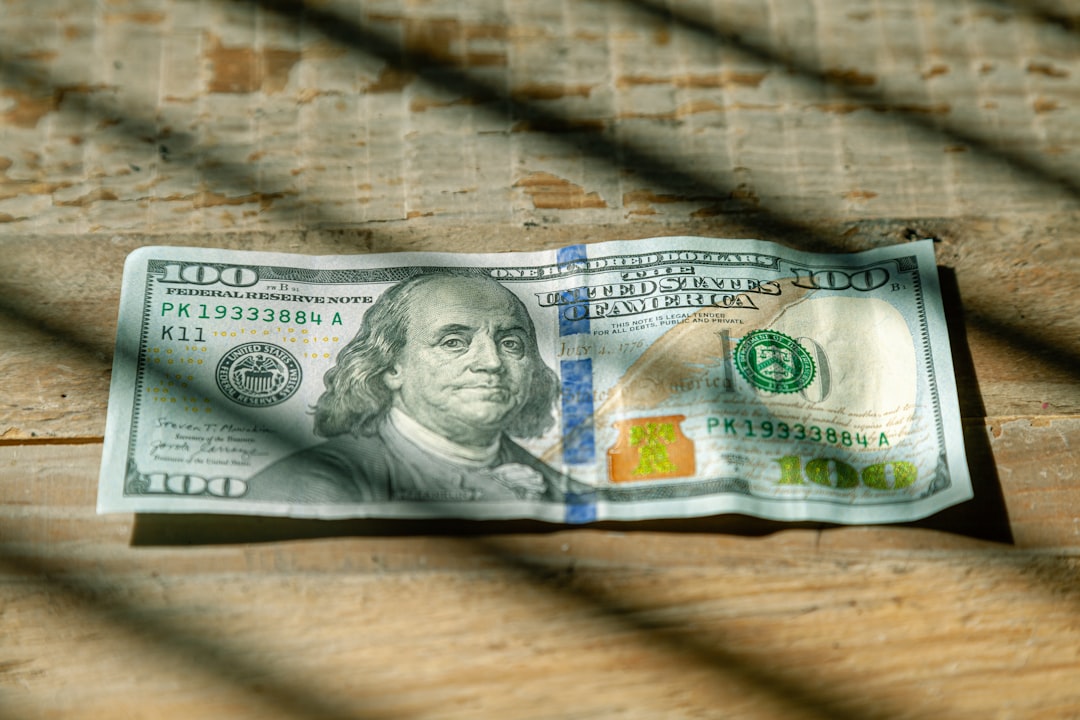Two years of record-low interest rates are set to come to an end. That means the clock is ticking for both savings and debtors.
The Fed is evaluating when it will start raising the federal funds rate this year and how aggressively it will do so to combat 40-year-high inflation. Fed members stated in January that a solid job market and increasing inflation warranted a rate move soon.’ Traders expect the Fed to do so at its mid-March meeting.
The first-rate rise ends the Fed’s near-zero rate policy set in the early days of the Covid-19 outbreak. More importantly, officials are expected to keep hiking rates this year. Several Wall Street firms expect five rate rises this year, bringing the federal funds rate to 1.5 percent.
So what? One item on your financial to-do list may need to be addressed ahead of the Fed’s next meeting. Generally, you’ll have time to arrange your funds. Avoid making hasty judgments.
Here are five sensible money strategies to consider in order of importance.
1. Mortgage refinance
Borrowers should take advantage of the record-low rates while they last. The opportunity for homeowners to refinance at these rates is closing, Gilliland says, adding that he still meets people with mortgages over 4%. According to Freddie Mac, the current 30-year fixed-rate mortgage rate is 3.55 percent.
GADCapital noted that Looking into mortgage refinancing options might save you a lot of money. According to a Black Knight mortgage data provider survey, over 6 million qualifying homeowners with at least 20% equity and a credit score of 720 or above may save $275 per month.
According to Gilliland, a 5/1 adjustable-rate mortgage presently costs 2.7 percent, but homeowners should weigh the danger when the term ends, and rates rise.
According to Alec Quaid, a certified financial adviser with American Portfolios, a 0.25 percentage point difference may mount up for someone with a $500,000 mortgage. Despite rising property costs around the nation, he and his wife decided to bite the bullet and purchase their first home in the Denver region early this year.
Quaid thinks that waiting another year to purchase might result in mortgage rates over 1% higher. I don’t think someone who can’t afford to buy should try to buy merely because of this rate increase, he says.
2. Repay high-interest loans
Next? Attack variable-rate debt, including credit card debt. If like many Americans, you have built up savings in the last two years, Guilliland advises using those funds to pay off high-interest debt.
He warns that those who don’t pay their credit cards in full may fall behind. A $1,000 payment reduces the principal owed.”
You may also wish to refinance your student loans if you are one of the 43 million+ Americans who have them. However, the deferral on student loan payments expires in May, and there remains a residual potential of wide forgiveness, Quaid adds.
If you have federal student loans, carefully assess whether refinancing to private loans is worth the loss of some perks, such as an income-driven repayment plan. When comparing rates, it’s simple to pursue the lower rate since it appears better, but you need to dig deeper.
3. Prepare for significant purchases
Quaid was already contemplating purchasing a house, but increasing borrowing prices accelerated his decision. He adds that higher rates are simply one element to consider while making other major purchases.
Guilliland says that large purchases like houses or vehicles should not be rushed. Even so, the purchase’s timing may influence. Determine where funding is now and where it may go.
4. Modify your portfolio
Don’t entirely deplete your assets, Guilliland advises, in case you wish to invest in the stock market or avoid making “bad” decisions like selling during an already tumultuous market moment.
Guilliland recommends you analyze your portfolio now. He says, ” invest in short-term bonds to avoid locking in low rates for a long time and explore banking stocks since increasing interest rates are very, really good for this sector.
Buying stocks at a discount may be possible in general. Volatility is your friend in the long run, Quaid argues.
5. Compare savings accounts.
Savers will earn more money on their savings when the Fed raises interest rates. Quaid advises his customers to save in high-yield accounts, especially for emergencies. He says that although increased interest rates will be excellent, the main aim is to have cash on hand when needed.
Even with numerous rate rises this year, savers must wait. Raises in money market and savings rates will take time to take effect, Guilliland adds.
Finally, although increasing rates and inflation may be the talk of the town, Quaid suggests understanding how a more significant trend impacts you before acting. The frenzy is easy to get into, but not everyone should.



